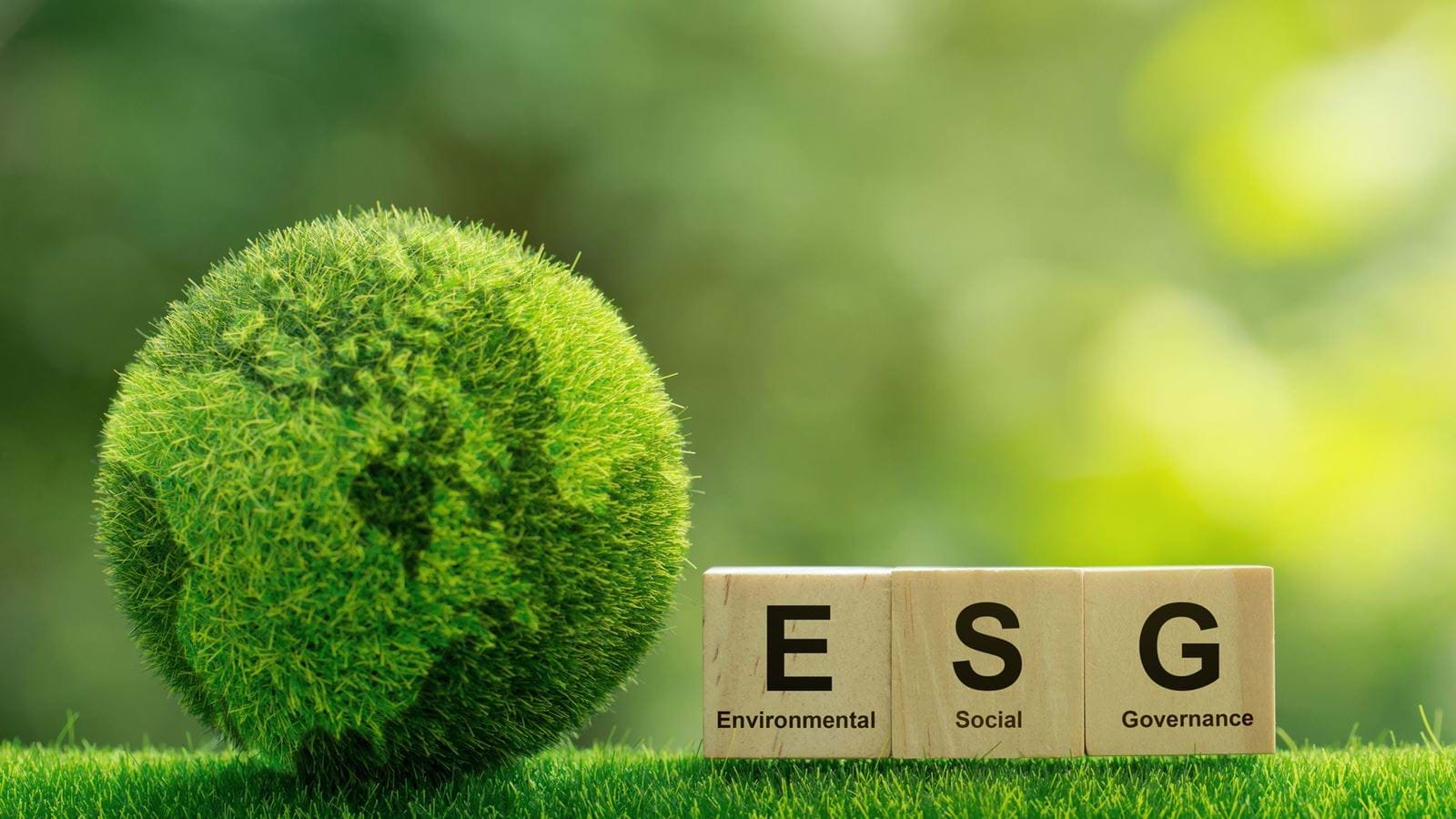ESG: Ethical Investing or Fad Finance?

ESG stands for Environmental, Social, and Governance and is a framework that helps companies consider the needs of all stakeholders, not just their bottom line.
This is a difficult concept for some because an axiom of capitalism is profit maximisation and it seems like ESG interferes with this. However, with some companies doing more harm to the world than others, it makes sense to have a visible, quantified rating of who these companies are.
With the rise of retail investing since the pandemic, many people rely on it, in their eyes, to avoid funding unethical companies. But, do high-scoring ESG companies underwhelm when it comes to performance, and is it really a reliable indicator of ethics?
How well does ESG perform?
It's a common presumption that if ESG companies are doing anything other than chasing their bottom line, returns must be worse than non-ESG firms. But, this isn’t necessarily the case, because it’s not totally true that having a positive impact on society is incompatible with profit maximisation.
One recent study showed that companies with high ESG scores helped reduce the volatility of portfolios without reducing returns. And, it makes sense that ESG stocks have done well because using ESG ratings to factor into decision-making is in and of itself on the rise - so a push towards sustainable investing has been a factor in their returns.
However, one study showed that despite funds flowing into high-scoring sustainability firms, they did not outperform low-scoring firms. The key issue is the lack of backtesting and the infancy of the current research. It appears that ESG isn’t a way to beat the market average returns, but it could possibly provide some good volatility-mitigating diversification.
Is it really ethical?
So, it’s still possible that investors may risk having to sacrifice some financial returns to be more ethical. But, what if companies that score highly aren’t always more ethical in the first place?
The biggest issue with ESG ratings is that firstly, who is deciding them? And secondly, how do they settle on a score?
There is no single methodology to ESG ratings. The main agencies that decide are currently MSCI, RobecoSAM, Sustainalytics and Vigeo Eiris, though there are others.
Generally, businesses will set ESG goals, such as reducing sexual abuse in the workplace and avoiding landfill, for which these reports will be reviewed by external auditors. Then, a separate agency will evaluate an ESG score.
A lack of consistency across companies in the reports and assessments is certainly one concern. One study compared a 147-strong collection of ESG fund portfolios with almost 2,500 non-ESG portfolios. The findings were that ESG portfolios had worse compliance records for the environment and labour laws, nor did their ESG inclusions subsequently improve their compliance.
A possible explanation for the current limitations of ESG is that they may actually serve as a distraction. Being a profit-seeking company that’s maximising shareholder value, it seems intuitive to want to make all stakeholders happy regardless. After all, PR crises can harm share prices, productivity, and sales. So in this sense, ESG targets may be a distracting side-quest that certain companies focus on more than others. It may also be a tactic explored harder by companies covering up their poor recent financial performance. The result is quite a confusing concoction of incentives, not all of which are sincere.
The promising future of ethical investing
ESG may still have a positive future. Perhaps not perfect in its current state, but it may indicate our focus is changing in a positive direction.
One possible upside of ethical investing is that it’s more likely to be evergreen. We can look at the flip side of this, in that many unethical investments could have a limited future. For example in energy, it is clear from the Russian invasion of Ukraine that we are still dependent on gas. But, companies are trying to rid themselves of this dependency quickly, in part because of the price increases. Whilst it may not ever be totally replaced, more focus is on renewable energy than ever before.
Another benefit of ethical investing is that we are less likely to make poor decisions when investing, such as overreacting to drops in price. The reason is that we’re holding them for reasons beyond just short-term gain, perhaps we truly believe in their productive future, which helps keep us focused on the long-term goals. In other words, the bigger picture is considered more which can fight psychological barriers.
It’s important to recognise the flip side of this, however, not stick with clearly financially poor stocks simply because they have a good cause. This is even more true with ESG funds which, unless upon closer investigation, we cannot be sure are particularly ethical in the first place. Allocating capital towards poorly run companies leads to inefficiency and will not be the route to healing the world.
Conclusion
Vanguard is a reputable investment management company, whilst Nestlé is considered to be one of the most unethical firms around. Yet, Vanguard’s VSGX, which is their international ESG fund, has Nestlé second in percentage of fund allocation. To make it worse, you pay a higher management fee for this comical luxury. Clearly, ESG in its current form is an appearance package - a tool to greenwash that isn’t reliable enough yet as a barometer of ethics.
However, this isn’t to say ethical investing is redundant or impossible. Large ESG funds may not be trustworthy, but conducting one’s own research into specific companies may yield more insight, though time-consuming. The alternative is to simply invest in industries that you want to see grow (i.e. green energy over oil), and concede that you don’t know how ethically run the individual companies are specifically.
Approver Quilter Financial Services Limited & Quilter Mortgage Planning Limited. 23.01.23 to the financial promotions.

Need some help?
Talk to our experts today
